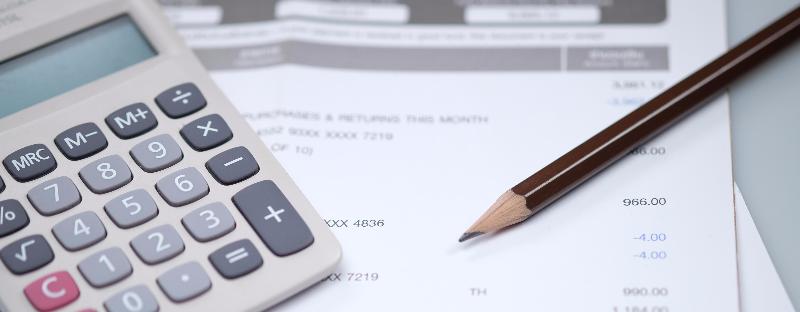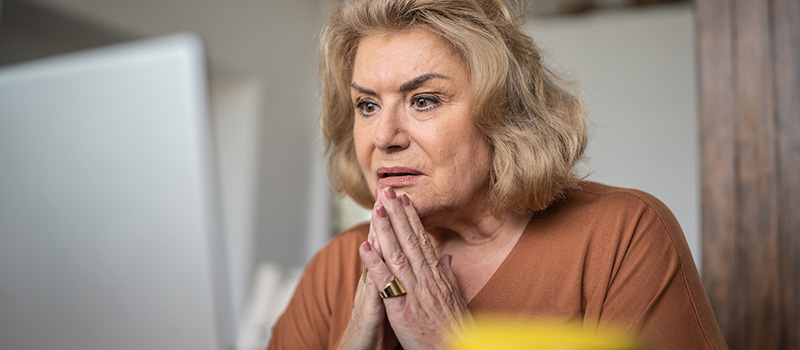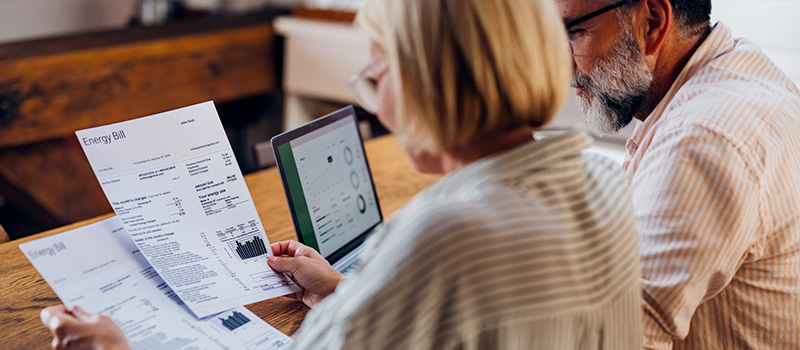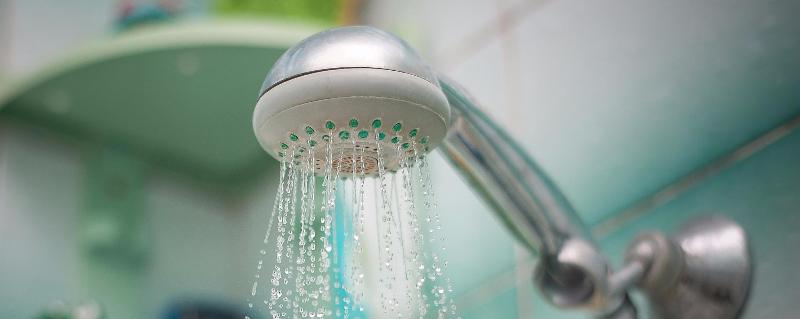In New South Wales, electricity and gas retailers are required by law to have a published hardship policy and to operate a customer assistance program. If you're having problems paying your bills, contact them to find out how they can help.
Retailers may have slightly different eligibility criteria for their programs. However when you are part of their assistance program, you are protected from disconnection and a tailored payment arrangement is setup to help you manage your account. You may be offered incentives for making regular payments (eg waiving fees, making co-payments).

According to section 44 of the National Energy Retail Law (NSW), a customer hardship policy must contain the following:
- processes to identify residential customers experiencing payment difficulties due to hardship, including identification by the retailer and self-identification by a residential customer
- processes for the early response by the retailer in the case of residential customers
- flexible payment options (including a payment plan and Centrepay) for the payment of energy bills by hardship customers
- processes to identify appropriate government concession programs and appropriate financial counselling services and to notify hardship customers of those programs and services
- processes to review the appropriateness of a hardship customer’s market retail contract in accordance with the purpose of the customer hardship policy.
From 2 October 2019, all energy retailers were obliged to implement new customer hardship policies that provide clearer and better assistance to customers experiencing financial difficulty. Read more on the Australian Energy Regulator (AER) website.






